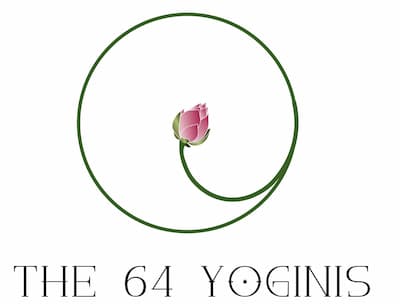Olena Teliha was born on July 21, 1906, in the Russian Empire, now part of Ukraine. She grew up in an era of profound political and social upheaval, which shaped her fierce nationalistic and patriotic sentiments. After the Ukrainian Revolution, her family moved to Prague, where she pursued her education and became deeply involved in the cultural and political activities of the Ukrainian diaspora.
In the 1930s, Olena married Mykhailo Teliha, and together they were active in the Organization of Ukrainian Nationalists (OUN). Her commitment to Ukraine’s independence was unwavering. In 1941, during World War II, Olena returned to Nazi-occupied Kyiv, determined to foster Ukrainian culture and national identity under oppressive conditions. She edited and contributed to the literary magazine “Litavry,” using her pen to inspire resistance and unity among Ukrainians.
In early 1942, the Gestapo arrested Olena and her husband for their nationalist activities. Despite brutal interrogations, she refused to betray her comrades. On February 21, 1942, Olena Teliha was executed at Babi Yar, a site of mass executions during the Holocaust. Her life and work have become a symbol of resistance, courage, and dedication to the Ukrainian cause. Her poetry and prose continue to inspire the spirit of freedom and national pride among Ukrainians, ensuring her legacy endures.



